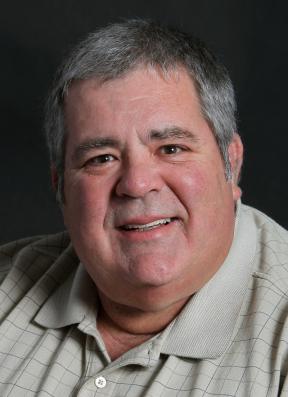MONTE DUTTON - THE ONE, THE ONLY SILVER FOX
Click here to follow us on Twitter @circletrackplus Click here to like us on Facebook

When David Pearson was a lad, any time a rich kid decided he wanted to drive race cars, his father threatened to disown him.
Pearson didn’t have to worry about being shipped off to boarding school. He grew up on “the mill hill,” Whitney Mill, in Spartanburg, S.C., not too unlike Brandon in Greenville, which gave the world “Shoeless Joe” Jackson, or Lydia in Clinton, from which the great guitarist Arthur Smith sprang.
They all grew up tough and never got above their raising. They were heroes of a working class that knew their struggles and admired them for escaping the ranks of the weavers, the loom fixers and the cloth doffers.
A powerful argument can be made that Pearson, who died Monday at age 83, was the greatest stock car racer who ever lived. Don’t waste your time with me. I’ve been singing in that choir for most of my life.
The great heroes of my youth are dying off. I had to pull off the side of the road when I heard on the radio that Johnny Unitas had died. Carl Yastrzemski threw out the first pitch of the World Series and looked good. I sighed in relief.
In the once-great NASCAR kingdom of Spartanburg, Pearson, Cotton Owens, Bud Moore and James Hylton have all died in the past few years. I loved every one of them.
As the Statler Brothers once sang, “Tex Ritter’s gone and Disney’s dead, and the screen is filled with sex.”
Joyce Kilmer wrote: I think that I shall never see / A poem lovely as a tree.
Or a lap as lovely as the ones Pearson routinely crafted at Darlington Raceway, the canvas that fit his brush the best. Oh, he could do it all, though, if he wanted to. Dirt, pavement, high-banked, flat, road course … but Pearson generally went where the money was, and for most of his career, the money was in winning big races and not point championships. As far a points were concerned, he won those in three of the four years he tried. In Pearson’s entire career, he competed in 574 races and won 105.
As of this moment, Jamie McMurray has run 581 races and won seven. Before you start making that argument that the level of competition is higher today, realize that the races Pearson ran were the ones hardest to win. In 1973, he ran 18 races and won 11 of them. The checkered flags fell on the Wood Brothers Mercury at Rockingham, Atlanta and Dover twice, and at Riverside, Darlington, Martinsville, Talladega, Michigan and Daytona.
It was a fair season’s work.
In the 20 years that I covered a later incarnation of NASCAR, I didn’t see Pearson often, but our interviews – no, they weren’t interviews; they were conversations with pen and paper out – were my favorites. Formal things were futile with Pearson. A man had to get him rolling, set him off, make him laugh.
I’m not sad. Pearson lived a long, rich life. He wasn’t a paragon of virtue, but he wasn’t a hypocrite, either. He was so much larger than life that it will take the hereafter to contain him.





